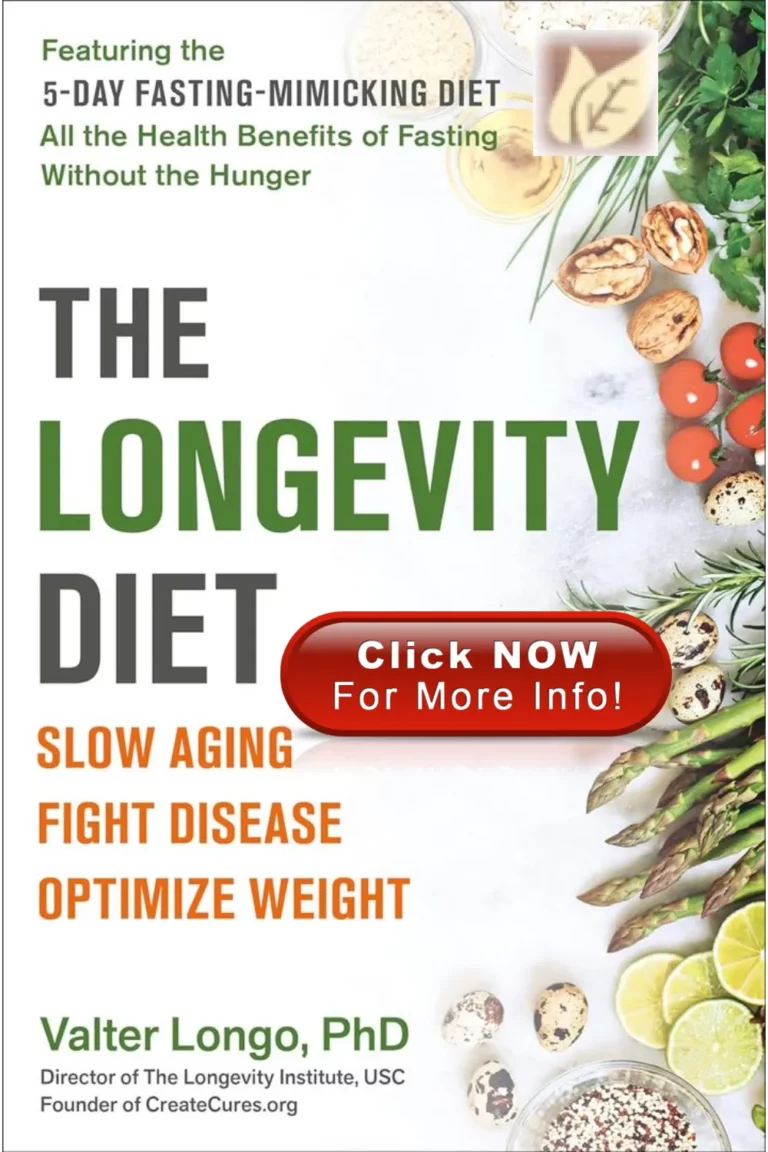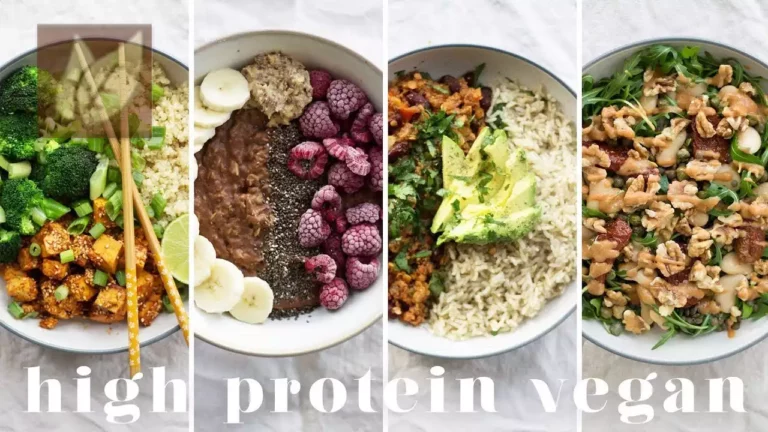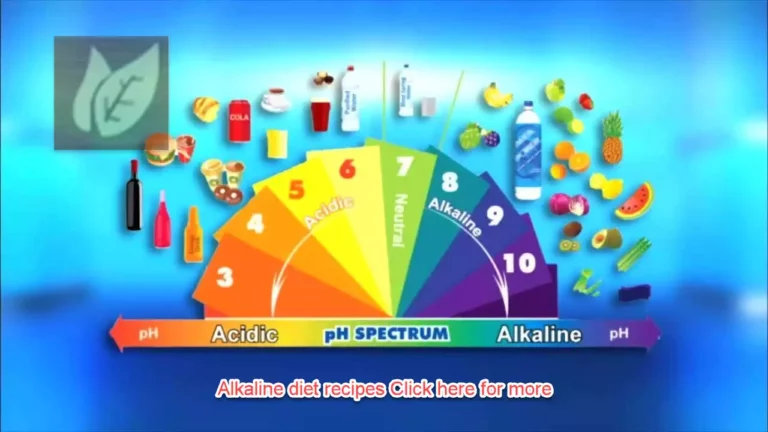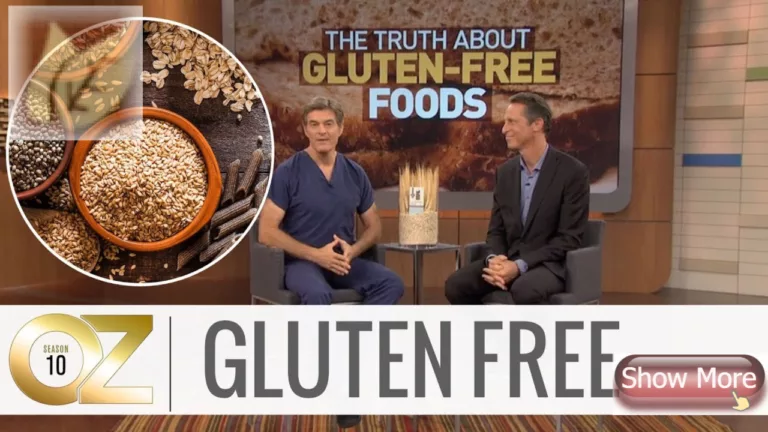Nutrition with the COVID-19 epidemic
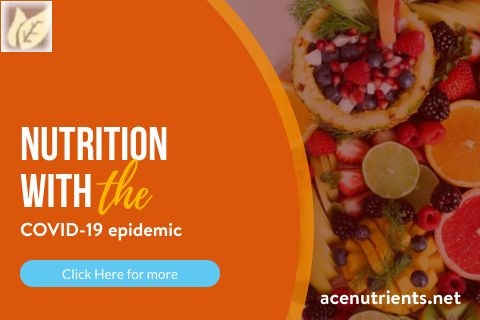
The Nutritional effectiveness in dealing with the COVID-19 epidemic is still a challenging task. The rest of the country is still grappling with the fact that there’s now a standard diet that everyone should follow.
When we last checked in on Nutrition with the COVID-19 epidemic, things were looking a bit dire. Fears of food shortages in the West are being exacerbated on the one hand by the steady growth of the world population, and on the other by the increasingly erratic behavior of the weather systems that control the water cycle in major growing regions.
What is a healthy diet during the coronavirus disease pandemic
As you may have heard, the coronavirus disease pandemic is a pandemic caused by the coronavirus. In this blog, we will look at diet in the face of the disease. In face of the disease, we have to ensure that we follow a balanced diet.
A balanced diet will ensure that we get all the nutrients that we require from the food that we eat. Food is a very important factor to the pandemic, as we need to make sure we have enough calories in order to recover in the case that we become ill.
In order to ensure that we are getting the right nutrition despite the pandemic, we should try and eat foods that provide us with the nutrients we need, as well
A healthy diet is high in fiber, low in saturated fat, and includes a variety of fresh fruits and vegetables, grains, healthy fats and proteins. Men and women, 18 years of age and older, should eat a total of 2,000 calories a day.
Foods to avoid for best Nutrition with the COVID-19 epidemic.
With the COVID-19 pandemic striking the globe, what foods should you and your family avoid while supplies are running low?
You may not be accustomed to thinking about food safety during times of crises like this, but it’s important to remain vigilant.
In a situation like this, proper food sanitation can be the difference between life and death.
While the CDC and FEMA recommend adhering to the following guidelines to protect against the spread of COVID-19, it’s ultimately your responsibility to ensure the safety of your family.
Milk, Canned foods, Cured meats and fish, Uncooked meats and fish, Avoid foods that will make you sick, Avoid unhealthy beverages use common sense when making these decisions
What foods to stock up on during the COVID-19 pandemic
The COVID-19 pandemic is here, and it’s not just your imagination: food prices have skyrocketed, and many of your favorite brands are nowhere to be found.
So, is it any wonder it’s a great time to stock up on food?
It’s true, what goes down in price in a crisis tends to go up afterward, so it’s best to stock up now while you can.
At Ace Nutrients we help you find the perfect foods to stock up on during the COVID-19 pandemic by finding the best deals online. Check out our COVID-19 pandemic food deals roundup to see what we’ve found.
As our world faces the first predicted pandemic in decades, we must be sure to take action to protect our health.
While COVID-19 presents a serious danger, it is not without some silver-linings.
For example, recent findings from the Infectious Diseases Society of America indicate that the virus weakens the immune system and damages the DNA of hosts, so survivors of the outbreak are expected to have measurably longer lifespans, on average.
The good news is that survivors will also suffer significantly reduced rates of cancer, and there is evidence that the risk of heart disease will be greatly reduced as well. It is clear that outbreaks such as COVID-19, while certainly tragic, present opportunities to advance our understanding of the virus arming us with valuable information to be better prepared in the future.
What can I do on a daily basis to stay healthy during the COVID-19 pandemic
So, you are expecting to come down with the COVID-19 virus next week. Right now, it is a good time to stay in good health before the virus hits.
The first step is knowing what the virus does and how you can avoid getting it. The virus mainly spreads through infected bodily fluids, so the most important step to take is to stay away from other people who are ill.
You should also avoid touching your face, since the virus can spread that way. Lastly, you cannot get the virus from someone who has already been infected, so don
The CDC has assured us that the CVID-19 pandemic is under control, but it is still vital that we adopt a healthy lifestyle to protect ourselves from recurrences of the virus.
Don’t forget that it’s not just about eating well: you also need to get plenty of exercise.
what to eat if you have covid-19 symptoms
As a matter of fact, a diet high in sodium can make you retain water, which can make your symptoms worse. You can avoid this problem by limiting the amount of salt in your diet. (A high-salt diet also raises your blood pressure, which can make your symptoms worse.)
For people who suffer from the occasional case of the sniffles, a daily multivitamin supplement is a great way to ensure they’re getting adequate amounts of the B-vitamins and antioxidants they need to fortify their immune system and fight off infection.
But, for people who suffer from chronic conditions, such as congestive heart failure, hypertension, and pre-diabetes, taking a multivitamin alone may not be enough.
covid patients diet plan at home
It is said that eating is the process in which we eat and digest food. The body generally eats foods that contain proteins, fats, and carbohydrates. The main function of this is to provide energy to our body.
Carbohydrates and proteins are the main energy sources for the body and fats provide us with long-term energy, thus if you are looking to lose weight, you need to build your diet plan with a mix of all three types of food. The plan should have a proper balance of proteins, fats, and carbohydrates. The amount of food you eat should be based on your daily energy requirements.
COVID-19 is the newest fad diet to hit the market and has been marketed as a miracle cure for people who need to lose weight. It is the latest “miracle” diet to be offered to the masses and is backed by a multimillion dollar marketing campaign. It is not a new diet in the sense of a new trend that was recently discovered. Sadly, most people don’t have the education or the awareness to know that it is not a new diet at all.
how important healthy eating during this time of pandemic
With the state of the world at the moment, and the recent pandemic, there are plenty of reasons to be concerned about your health. With a pandemic warning on the horizon, and a lot of work heading your way, you may find yourself skipping meals in an effort to get more done.
But, by not taking care of yourself, you could be putting yourself and those you love at risk. Take a step back, and think about what you can do to improve your diet and nutrition now, to stay safe during this time of pandemic.
It’s safe to say that the last few months have seen a significant spike in the amount of panic around the world. From a new strain of swine flu infecting people all over the globe to a continuing rise in the number of reported cases of the common cold, it is clear that we are all at risk of catching something, and that something could make us seriously ill or even kill us.
The best food for Covid-19 recovery
Studies show that consuming specific foods during recovery from COVID-19 treatment can help improve the odds of a successful outcome. On the other hand, eating the wrong foods can cause permanent damage to vital organs, or even death. The following foods are best for ensuring the best recovery possible.
Most of the time, food is fuel for our bodies: it helps us to run, jump, give us energy, and even to think. But other times, food can help us out in ways we didn’t know possible. When it comes to Covid-19, sometimes a certain food can ease our symptoms and help us recover. But, which food should we choose and why? For this topic, we decided to ask the Foodie community.


